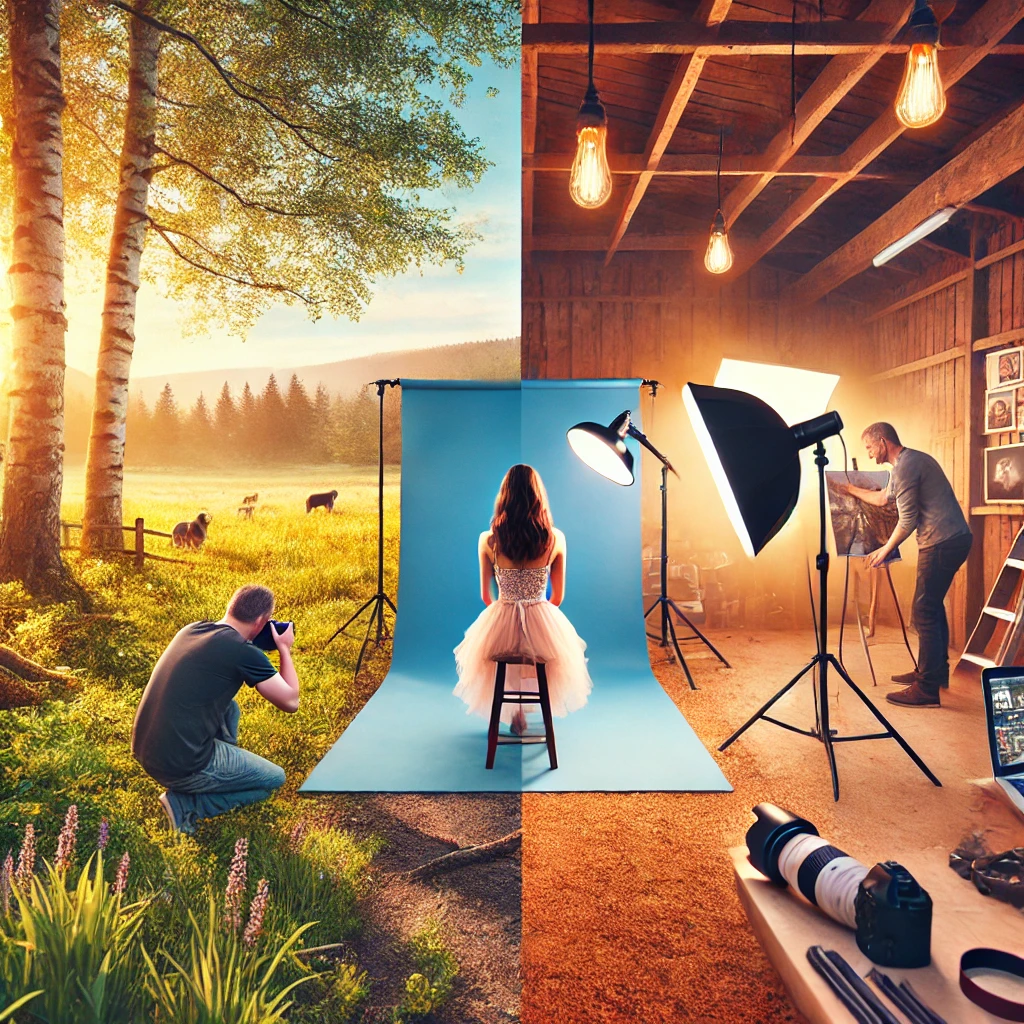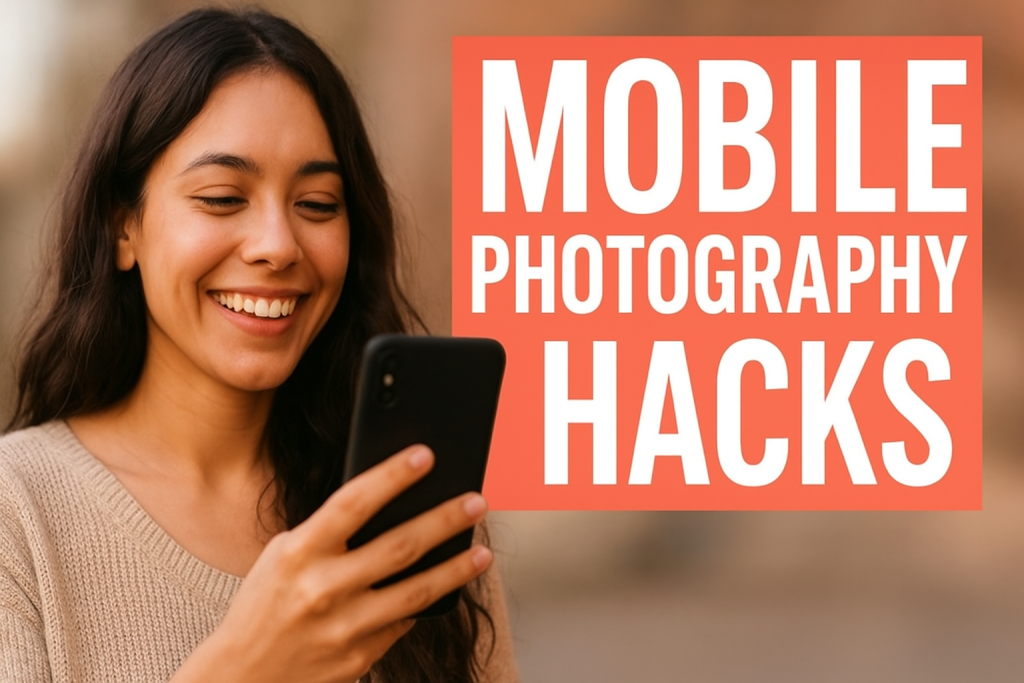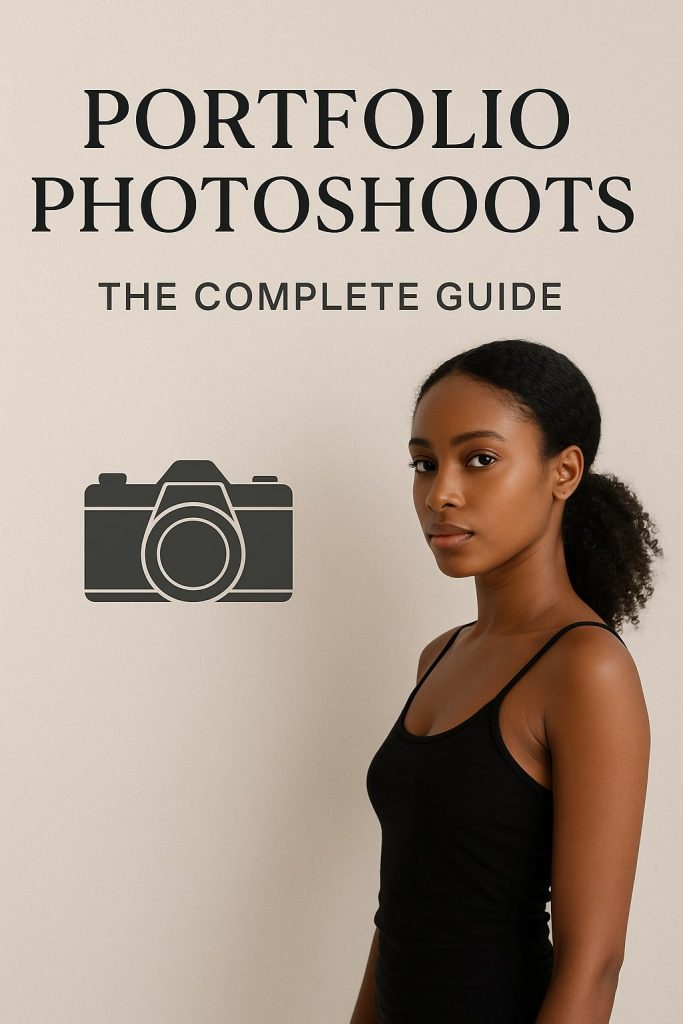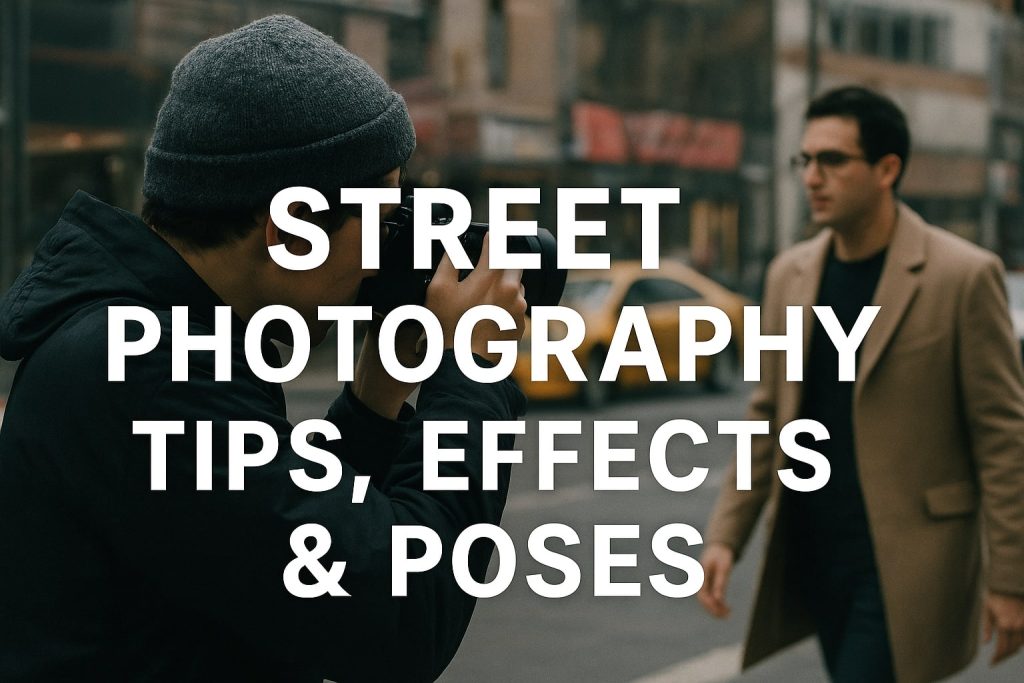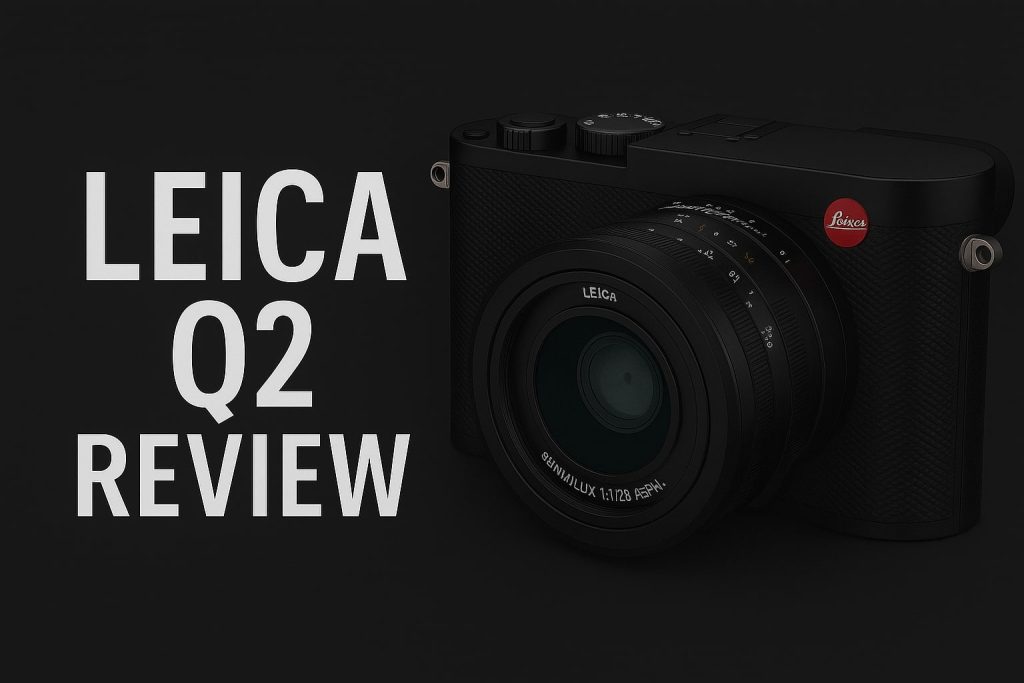Portrait photography is an art form that tells a story about its subject. However, one of the biggest dilemmas for photographers is choosing between outdoor and studio portraits. Both settings offer unique advantages and challenges. Understanding these can help photographers make the best decision for their creative vision and client needs. This guide explores the fundamental differences between outdoor vs.studio portraits, diving deep into lighting conditions, environmental factors, creative freedom, and cost considerations. By the end, you’ll have a clear understanding of which setting best suits your photographic goals.
Thank you for reading this post, don't forget to subscribe!Understanding Outdoor Portrait Photography
1. Natural Lighting Benefits
One of the primary advantages of outdoor portrait photography is the natural light available. The sun provides a wide range of lighting conditions, from soft morning light to golden-hour magic.
- Soft light during golden hour (shortly after sunrise and before sunset) creates a warm, flattering glow.
- Midday sunlight can be harsh, but using diffusers or shaded areas helps in balancing exposure.
- Overcast conditions create even lighting, reducing shadows and providing soft, beautiful portraits.
2. Dynamic Backgrounds & Depth
Outdoor photography allows photographers to use natural landscapes, urban settings, and architectural elements as dynamic backdrops. This gives images a sense of place and emotion.
- Urban environments add modern, edgy vibes.
- Nature settings provide organic, timeless beauty.
- Seasonal variations create unique aesthetic differences, from autumn leaves to snowy backdrops.
3. Equipment Considerations for Outdoor Shoots
To capture professional-quality outdoor portraits, photographers need specific gear:
- Reflectors and diffusers to control harsh sunlight.
- Tripods and stabilizers for steady shots.
- External flashes to add fill light where needed.
4. Challenges of Outdoor Portraits
While outdoor shoots offer flexibility, they also come with challenges:
- Weather dependency: Rain, wind, or unexpected cloud cover can change the lighting conditions drastically.
- Distractions: Crowds, background noise, and changing environments can be unpredictable.
- Limited control over lighting: Natural light is unpredictable, requiring quick adaptability.
Understanding Studio Portrait Photography
1. Controlled Lighting
One of the greatest advantages of studio photography is complete control over lighting. Photographers can create consistent results without worrying about time-of-day changes.
- Artificial lighting setups (strobes, softboxes, ring lights) offer customizable brightness and direction.
- Background options can be tailored to match the theme or concept.
- No weather concerns, making it reliable for planned shoots.
2. Creative Control & Professional Aesthetic
Studios offer the opportunity to create fine-tuned compositions with minimal distractions. This results in a polished, professional aesthetic.
- Minimalist backgrounds allow the subject to stand out.
- Artistic setups with props enhance storytelling.
- Focus control is easier due to the fixed environment.
3. Equipment Considerations for Studio Shoots
A successful studio setup requires:
- Studio strobes and continuous lights for optimal exposure.
- Softboxes and umbrellas for diffused, flattering light.
- Backdrops and props to enhance the mood of the shoot.
- Reflectors and flags to control shadow placement.
4. Challenges of Studio Portraits
While studio photography is reliable, it has its downsides:
- Higher costs due to renting or maintaining a studio space.
- Lack of natural ambiance, making images feel artificial if not executed well.
- Space limitations for large or creative setups.
Outdoor vs. Studio Portraits: A Direct Comparison
| Factor | Outdoor Portraits | Studio Portraits |
|---|---|---|
| Lighting | Natural, dynamic, unpredictable | Controlled, adjustable, consistent |
| Backgrounds | Natural landscapes, urban settings | Minimalistic or customized backdrops |
| Flexibility | High, but dependent on weather | Medium, predictable outcomes |
| Equipment Needs | Reflectors, external flashes | Studio lights, backdrops, modifiers |
| Cost | Generally lower | Higher due to studio rental & gear |
| Creative Freedom | High, but with external limitations | Unlimited within studio space |
Which is Best for Your Photography Style?
When to Choose Outdoor Portraits
- If you want natural lighting and authentic emotions.
- If you’re shooting lifestyle, engagement, or environmental portraits.
- If you want varied backgrounds and seasonal aesthetics.
When to Choose Studio Portraits
- If you require full control over lighting and conditions.
- If you need consistent results for commercial, fashion, or corporate shoots.
- If you want fine-art style photography with custom backdrops.
Conclusion
Both outdoor and studio portraits offer unique benefits, and neither is inherently better than the other. The choice depends on your photography style, creative goals, and logistical needs. Outdoor settings bring dynamic lighting and natural environments, while studio setups provide precision and control.
Mastering both techniques ensures versatility, allowing photographers to adapt to any scenario. Whether you’re a beginner or a seasoned photographer, understanding these differences will help you create stunning portrait photography.
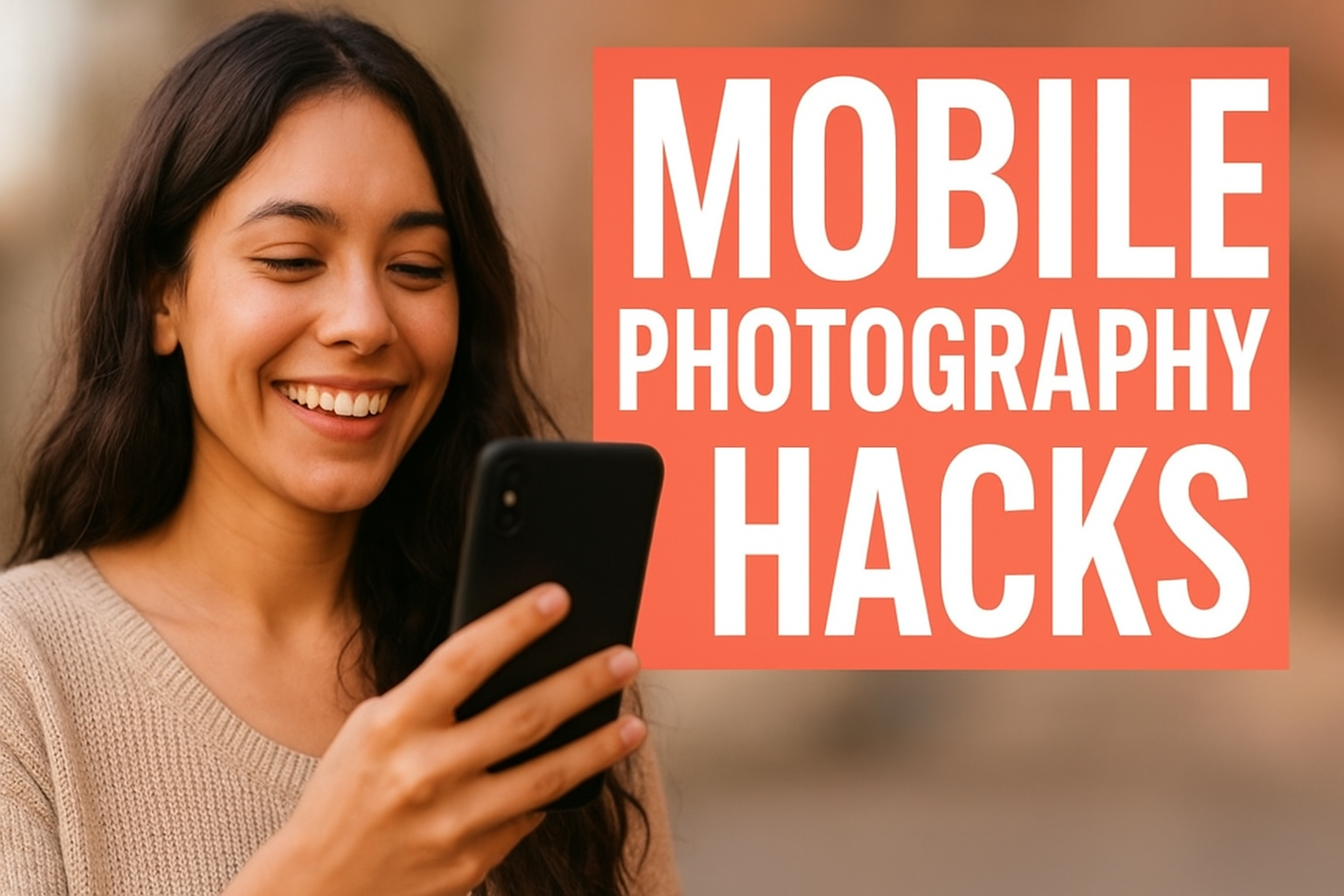
Mobile Photography Hacks: Candid Moments with Your Phone
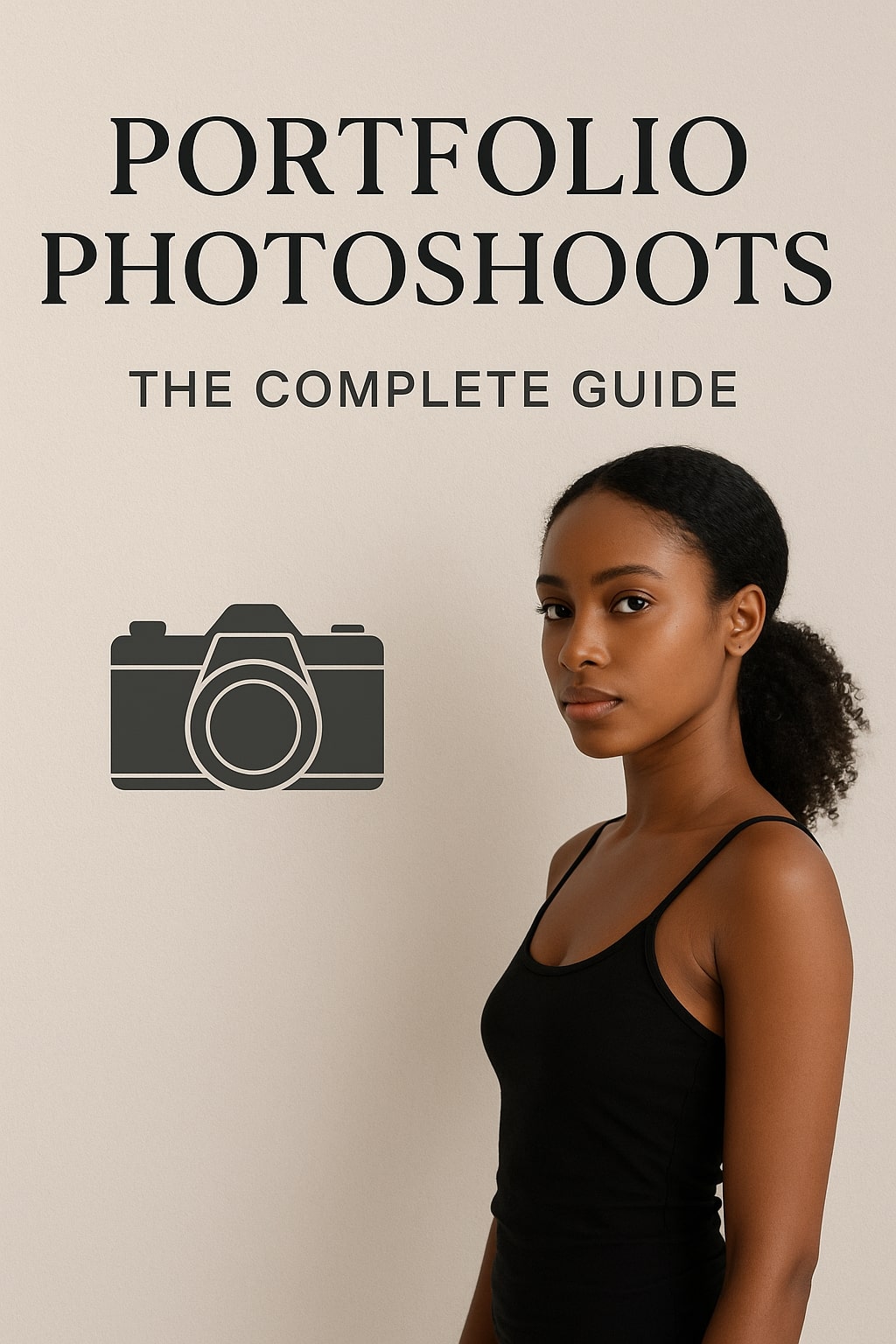
Professional Model & Portfolio Photoshoots: Show Your Best Work
-
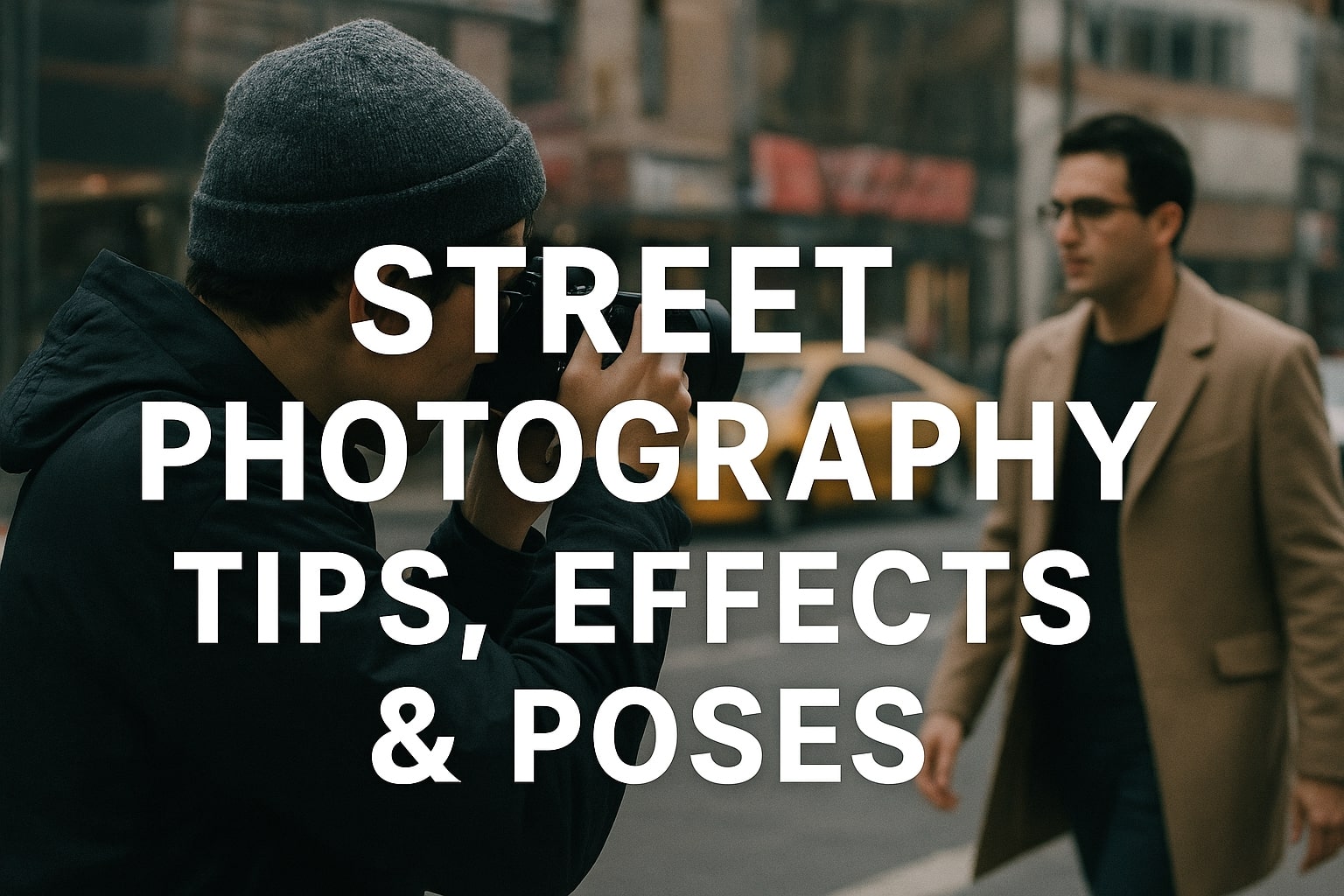
Street Photography Tips, Effects & Poses – Complete Guide
-
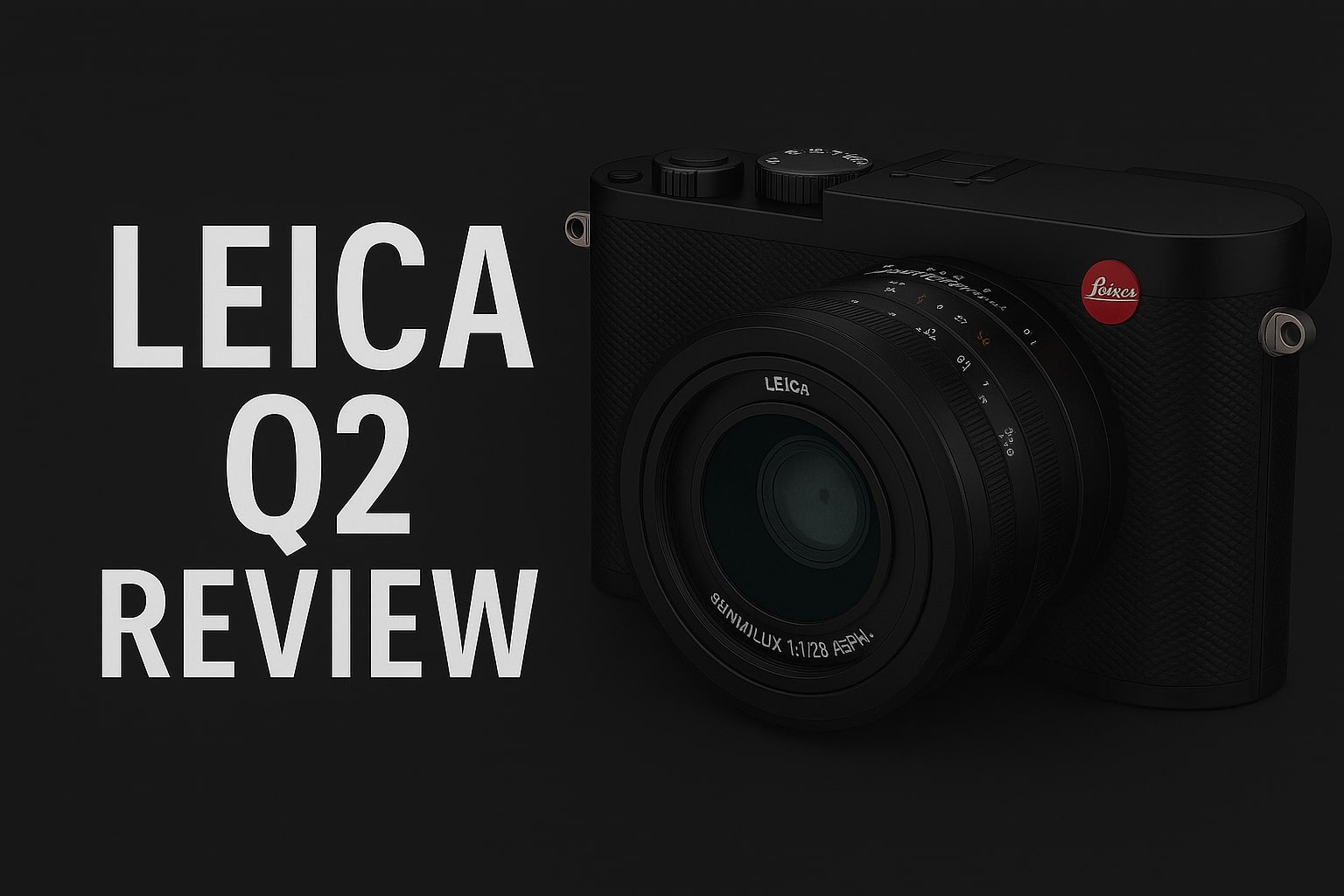
Leica Q2 for Photography: Why It’s Loved by Photographers
Mobile Photography Hacks: Candid Moments with Your Phone
Discover high-impact mobile photography hacks to capture genuine, gorgeous candid moments with your phone. Learn practical tips, composition secrets, and pro techniques to turn everyday scenes into stunning visual stories.Thank you for reading this post, don’t forget to subscribe! Introduction: The New Age of Mobile Photography Photography has evolved beyond heavy cameras, technical jargon, and
Professional Model & Portfolio Photoshoots: Show Your Best Work
” Discover how to plan, style, and execute stunning portfolio photoshoots that showcase your skills, personality, and versatility. This comprehensive guide covers professional tips, posing ideas, gear suggestions, and industry insights for models and photographers.”Thank you for reading this post, don’t forget to subscribe! Introduction – Why Portfolio Photoshoots Are the Cornerstone of a Photographer’s
Street Photography Tips, Effects & Poses – Complete Guide
Discover the ultimate guide to Street Photography with expert tips, creative effects, and dynamic poses. Learn how to capture authentic urban moments, master composition, and tell powerful visual stories through your lens.Thank you for reading this post, don’t forget to subscribe! Article Outline 1. Introduction to Street Photography Street Photography is more than just taking
Leica Q2 for Photography: Why It’s Loved by Photographers
Introduction: The Cult Status of the Leica Q2 The Leica Q2 is not just a camera—it’s a statement. Combining the heritage of German precision engineering with modern digital excellence, it holds a special place in the hearts of professional and passionate photographers alike. With its full-frame sensor, prime Summilux lens, and minimalist design, the Q2
Top Cameras Under ₹1 Lakh for Freelance Photography
Freelance photography is no longer a niche—it’s a booming creative profession that demands not only vision and hustle but also the right gear. Your camera isn’t just a tool; it’s your storytelling partner. If you’re a freelance photographer aiming to balance performance, versatility, and budget, investing in a cameras under ₹1 lakh can offer the
Top Features of Nikon D850 That Make It Ideal for Photoshoots
Explore the top features of the Nikon D850 that make it a powerhouse for photoshoots. From exceptional resolution to dynamic range, this detailed Nikon D850 guide is built for professional and aspiring photographers.Thank you for reading this post, don’t forget to subscribe! 1. Introduction When Nikon launched the D850, it quickly earned a reputation as
